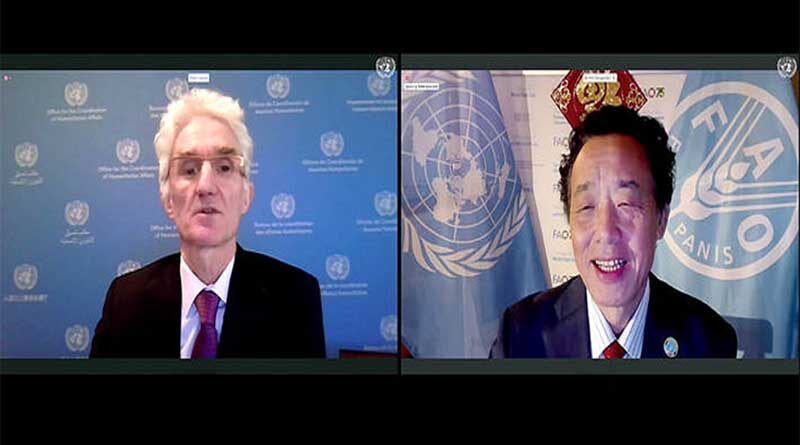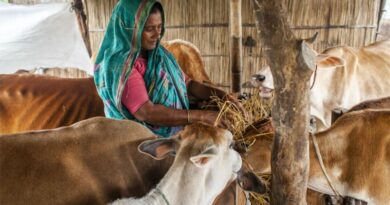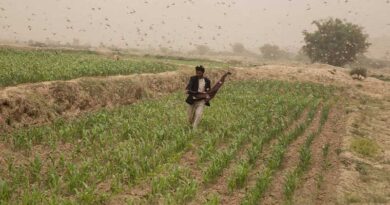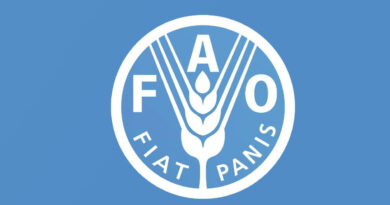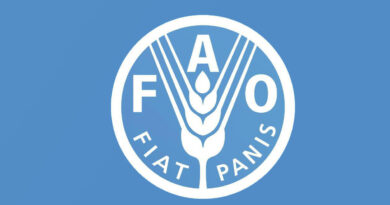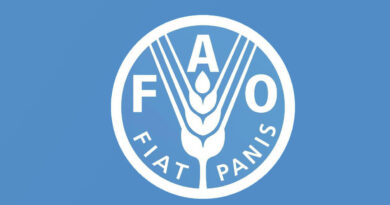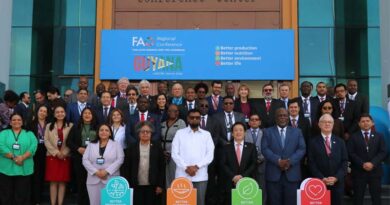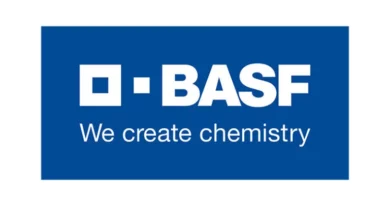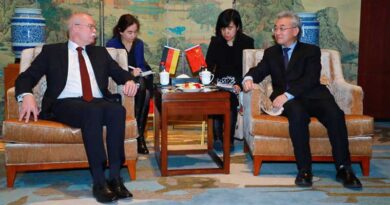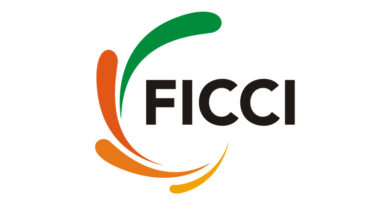FAO Calls For Anticipatory Action In Support Of Agriculture To Give Relief And Hope To Households In Crises
08 December 2020,Rome/New York: Timely and robust actions can reduce hunger and human suffering as a result of crises, and that’s truer than ever in the wake of the disruptions caused by the COVID-19 pandemic, FAO Director-General QU Dongyu told participants in the High-Level pledging event for the Central Emergency Response Fund (CERF), the second-largest donor to FAO’s humanitarian programme.
Also Read: Window To Prevent Famine In Yemen Is Narrowing, UN Agencies Warn
“The shocks of 2020 will reverberate long into 2021,” said the Director-General. Noting the extraordinary challenges faced this year, from the pan-continental desert locust upsurge to the global pandemic, Qu said the number of people facing emergency levels of acute food insecurity may rise further “unless we act now and act at scale.”
FAO is strongly advocating investment in emergency agriculture interventions, as four out of five people living in food crisis contexts rely on some form of agriculture for their survival, the Director-General said. “Rescuing those livelihoods not only saves their lives today but gives them hope for tomorrow,” Qu added.
“In the chaos of an emergency it makes an enormous difference to act quickly and at scale,” UN Secretary-General Antonio Guterres said in opening remarks. He emphasized that the CERF is only half-way to reaching its target of $1 billion for 2020. But “momentum is building for this anticipatory approach,” he added.
The Secretary General highlighted early action to combat the Desert Locust in the Horn of Africa, led by FAO with a grant and loan from the Fund, as one of CERF’s outstanding impacts during a record-setting year of work.
The annual event was convened by the UN Office for the Coordination of Humanitarian Affairs (OCHA) and chaired by its chief, Mark Lowcock, the UN’s Under-Secretary-General for Humanitarian Affairs and Emergency Relief Coordinator. More than 100 ministers participated, many pledging new resources.
FAO’s Director-General hailed CERF for its “influential actions”, including helping FAO to scale up initiatives to reduce the impact of crises in Bangladesh and Somalia as well as for catalyzing funding for FAO’s Desert Locust control operations, which have secured enough food in the horn of Africa and Yemen to feed more than 16 million people for a year.
CERF and FAO
The Central Emergency Response Fund (CERF) was established by the United Nations General Assembly and launched in 2006 with the objectives of promoting early action and response to reduce loss of life, enhance response to time-critical requirements and strengthen core elements of humanitarian response in underfunded crises.
It is replenished annually through contributions from governments, the private sector, foundations and individuals. Germany has been its leading donor so far this year, while the United Kingdom has been its largest donor since inception.
CERF has funded 33 FAO initiatives this year with combined resources of $48.9 million, including a $10 million grant to aid FAO’s work combating the Desert Locust outbreaks in East Africa.
Other FAO emergency projects aided by the Fund in 2020 include anticipatory action against compounding food security threats in Somalia; aid for households in El Salvador affected by hurricanes; emergency support for livelihoods and livestock ahead of and after flooding in Bangladesh; nutrition-focused agricultural support for the Democratic People’s Republic of Korea; and actions in Afghanistan and Haiti, among other countries.

